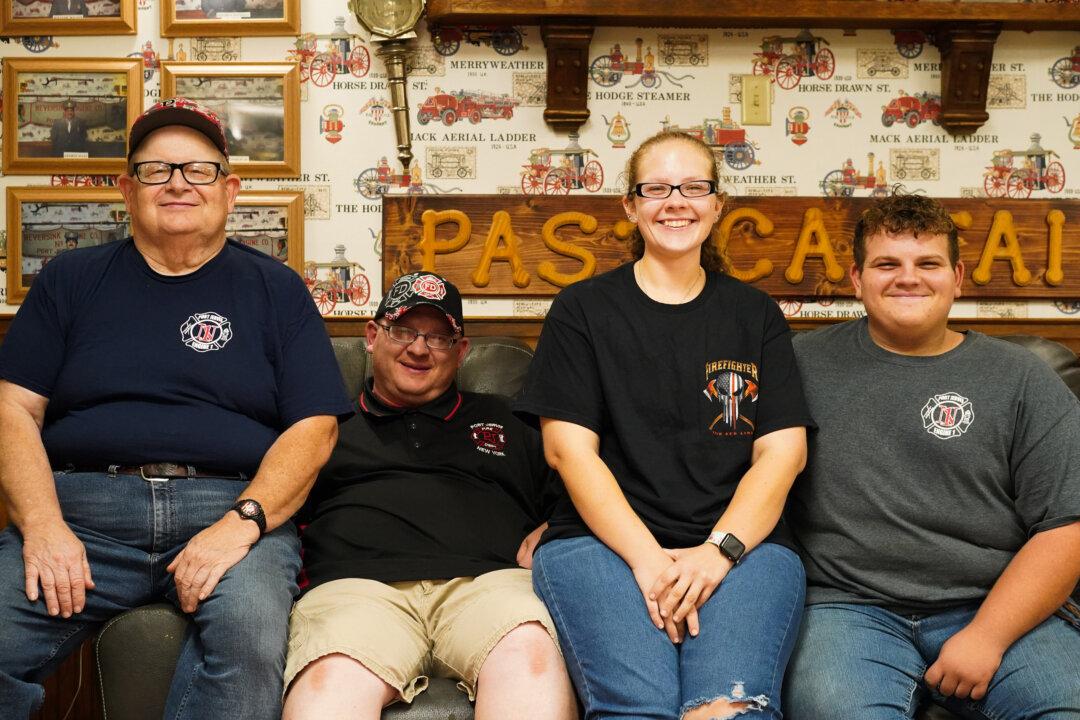Four years ago, when 16-year-old Briana Moore became a junior volunteer firefighter, her decision shocked her father, David Moore Jr.
Moore Jr. had followed in his grandfather and father’s footsteps to become a volunteer firefighter at 16. His then-14-year-old teenage son, David Moore, was well on track to follow in Moore Jr.’s footsteps in due time.





